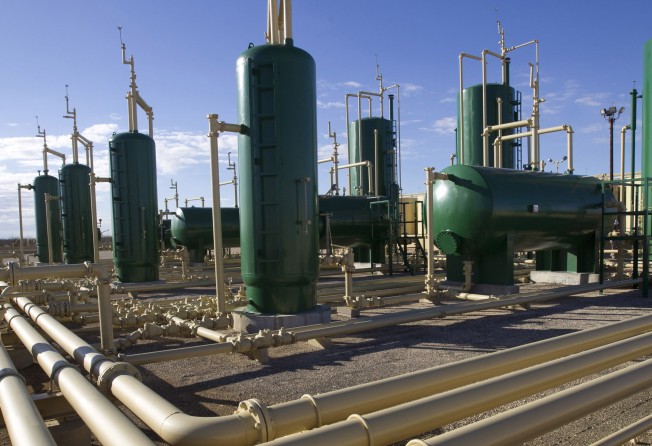It’s time for Hong Kong’s Competition Commission to show its teeth on petrol prices
The lag time between adjustments in global and domestic petrol prices has had motorists hot under the collar for a long time, and the watchdog must act

Much has been said about the economic impact of falling oil prices, ranging from a booster for some manufacturing industries to a crisis for oil-rich countries. But what matters most to consumers at the end of the day is whether it will bring any real benefit. The question is even more pertinent to a city notorious for being slow in filtering savings down to individual pockets. If a website tracking global petrol prices is any guide, fuel in Hong Kong is still the most expensive in the world.
The cancellation of the fuel surcharge on outbound flights from Hong Kong has been long overdue. The levy has been in force since 2004 amid spiralling aviation fuel prices. Together with other taxes, the total air fare can be twice the net price. Although the surcharges for long- and short-haul flights have been revised from time to time, adjustments invariably lagged far behind changes in oil prices. Last week, officials finally acknowledged that the surcharge was no longer justified and will be scrapped starting from February.
The savings, up to HK$109 for long-haul flights, have been welcomed by the aviation industry and passengers. But commuters on land and sea public transport are unlikely to benefit from a similar cut any time soon. A ferry company said its fuel price was locked for three years at the level in 2014 under the common hedging arrangement adopted by major transport operators, meaning there will not be any savings in operating costs until next year.
Motorists are not much better off either. The lag time between adjustments in global and domestic petrol prices has had them hot under the collar for a long time. Regrettably, concessions are often entangled in a web of complicated loyalty schemes offered by different petrol stations, giving the impression that companies are reluctant to transfer savings to customers. That price adjustments are invariably announced almost at the same time by different companies has fuelled more suspicion.
Until the law on competitive market behaviour came into force last month, the government could not do anything other than track changes in import and retail oil prices to enhance transparency and public monitoring. Now that the Competition Commission is up and running, the public rightly expects more proactive action. The watchdog said it was aware of consumer concerns and would look into the practices of the industry. This will be a good opportunity to show its teeth.